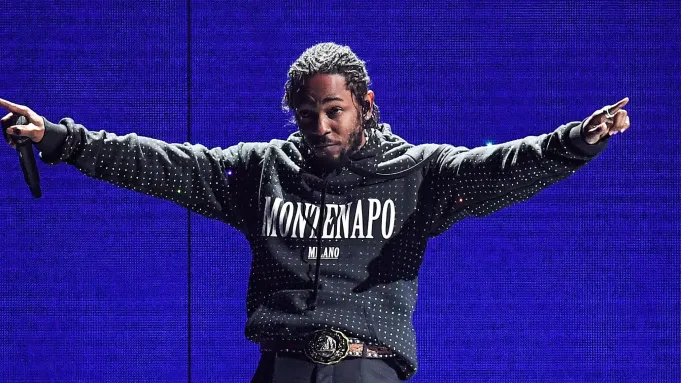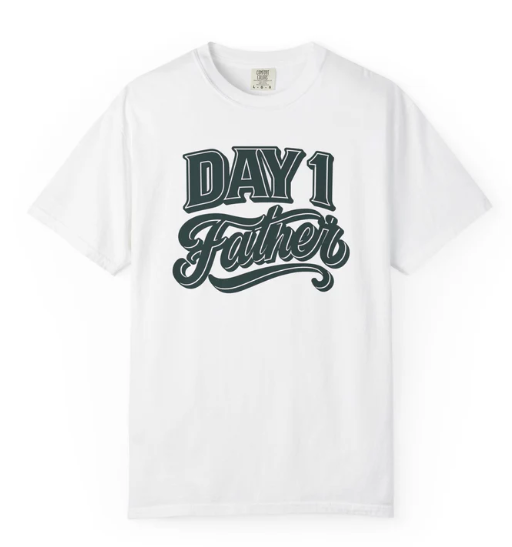What is Pepega? Understanding the Meme That Took Over Online Communities
What is Pepega?
Pepega is a term that originated in online gaming and meme culture, specifically within platforms like Twitch and Discord. It is used to describe something foolish, silly, or overly simple, often as a way to mock someone’s actions or a particular situation. The term is primarily visual, associated with a distorted version of the popular meme character, Pepe the Frog.
Origins of Pepega
The term “Pepega” traces its roots back to Twitch, a popular live-streaming platform for gamers. The meme itself is derived from Pepe the Frog, a cartoon character created by artist Matt Furie in 2005. Pepe became widely popular in internet culture and evolved into various meme formats, expressing different emotions like sadness, anger, or joy.
However, “Pepega” was born out of a specific variation of Pepe, characterized by a deliberately exaggerated, goofy expression. It is typically depicted as a version of Pepe with a misaligned face, bulging eyes, and a vacant or confused look. The distortion represents something “dumb” or nonsensical, which is where the term gets its meaning.
The usage of “Pepega” as a label for something foolish or clueless likely began around 2018, when viewers on Twitch started using it in chat to describe either players performing poorly in a game or situations that seemed ridiculous. Over time, the term gained traction across various online communities, especially in meme-heavy spaces like Reddit, Discord, and Twitter.
Meaning and Usage
“Pepega” is most commonly used as a humorous insult or light-hearted mockery. For example, if a player makes a mistake during a game, others might spam the “Pepega” emote in the chat to highlight the blunder. Similarly, the term can be used when discussing anything perceived as stupid or out of touch with reality. It’s a way of emphasizing the absurdity of a situation or an individual’s behavior in a comedic manner.
The word itself is not always meant to be harsh. Much like many internet memes, it’s generally used in a playful, non-malicious way. In fact, “Pepega” has become a part of the lexicon for many who frequent Twitch, Discord, and other online spaces, where it’s used to express light-hearted ridicule or to convey absurdity in a funny way.
Pepega in Meme Culture
In the broader context of meme culture, “Pepega” has become a staple for many users on Twitch, where viewers use it frequently in emote form during live streams. It’s often employed in tandem with other meme expressions, such as “PogChamp” (a term used to express excitement or surprise) or “LUL” (used to indicate laughter or amusement).
As meme culture is constantly evolving, “Pepega” has also found its way into other online spaces, including YouTube, Reddit, and Twitter, where it’s commonly paired with images, videos, or GIFs that emphasize its goofy, foolish nature. The image of the distorted Pepe face has become synonymous with absurdity or a humorous lack of intelligence, making it easy for people to convey certain feelings or reactions without words.
Criticism and Controversy
Despite its widespread popularity, the Pepe meme, and by extension “Pepega,” has faced some criticism. Pepe the Frog, originally a neutral character, was co-opted by various online groups, including extremists, which led to concerns about its use. As a result, Matt Furie, the original creator, attempted to reclaim the character by advocating for its return to its more positive, original form.
However, “Pepega” itself doesn’t carry the same weight or controversy as the broader Pepe meme. It is typically used in harmless, comedic contexts and doesn’t share the same political or social connotations. Still, as with all internet phenomena, the meaning and tone of “Pepega” can vary depending on the context and intent of the user.
Conclusion
“Pepega” is an example of how meme culture continues to evolve, with users taking a simple image and transforming it into a symbol for humor, ridicule, and shared community identity. It is a perfect reflection of how playful mockery and absurdity have become central themes in online interactions, especially in gaming communities. While the term itself may seem nonsensical, it provides a way for people to bond over shared jokes and experiences, making it a key part of modern internet culture.














Post Comment